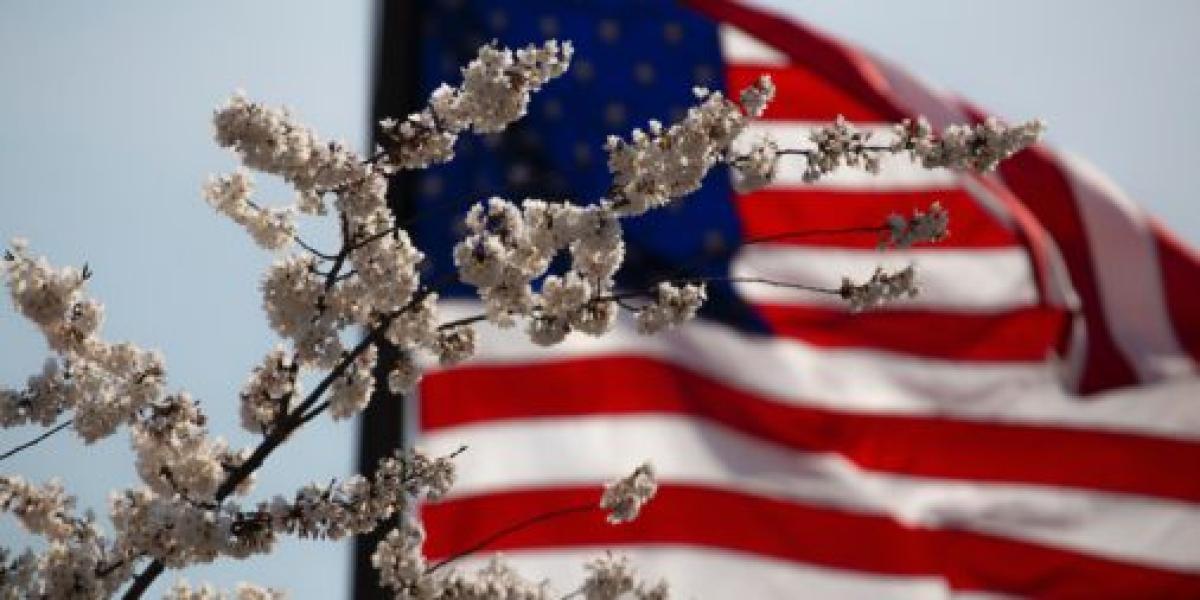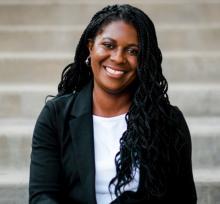Q&A: America the Resilient

If there is one thing that history has demonstrated, it’s that Americans tend to be resilient when confronted with difficult situations. Whether challenged with a financial crisis or a tragic mass shooting or the attacks of Sept. 11, the country has seen countless examples of Americans bouncing back and society as a whole perhaps growing stronger and more united.
Apryl Alexander, a clinical assistant professor in the University of Denver’s Graduate School of Professional Psychology, spent a few minutes with the DU Newsroom, sharing her thoughts on the way Americans might rally around COVID-19.
What is it about Americans, and perhaps people everywhere, that having a shared experience or shared hardship draws them together?
Humans are inherently social beings. In order to overcome difficult times like this, people have to come together as a community to address a problem that can affect everyone. My health and well-being can affect my neighbor’s health — so we’re all accountable in protecting each other both physically and interpersonally.
9/11 is an event people cite as an example of the resiliency of Americans. Are there other experiences or events that come to your mind?
The epidemic of school shootings in the United States. I’m a graduate of Virginia Tech and was on the campus the night before the mass shooting. People all over the country rallied together in support. Despite the unfortunate frequency of other subsequent school shootings, we’ve witnessed communities come together to support each other and have rich discussions on how to improve systems to end this crisis and change policy.
At a time when Americans seem more divided than ever, can a shared experience like COVID-19 help encourage more togetherness?
By the time this pandemic is resolved, many of us will either know someone who has been diagnosed with COVID-19 or died from it. Most people are going to want answers. Everyone should be invested in examining the barriers to access to adequate care for everyone during COVID-19. We need to push key decision makers, like legislators, to create changes that would reduce the likelihood of a spread of this magnitude from happening again. And [we need to] create systems (i.e., medical, social welfare policies, education, housing) that would be more resistant to deterioration during a crisis.
This shared experience is different because, ironically, many of us are experiencing it alone. How does that impact the resiliency of Americans and how we bounce back?
Over the last 20 years, people have worried about Americans becoming increasingly socially isolated due to the proliferation and consumption of technology, media and social media. However, during this experience most people have complained about physical distancing and feeling isolated. Again, humans are social beings, and I believe a lot of people have come to realize that during this time. I hope the steps people have taken to become more connected to loved ones and community continue once this crisis has resolved.
Although we are still in the middle of this pandemic, are there one or two examples you have seen that demonstrate the resiliency of Americans and that are bringing people together?
The one example of rapid response and resilience I’ve witnessed during this pandemic, especially locally in Colorado, was the need to address food insecurity. Many K-12 students eat their only meals (breakfast and lunch) at schools. With school systems transitioning to virtual learning, lack of access to food was going to have long-term effects on these children. Communities responded as quickly as they could to provide food through drive-through options at schools and food bank deliveries. I was so glad to see the quick response from our local government and activists in immediately recognizing this issue with vulnerable youth.









